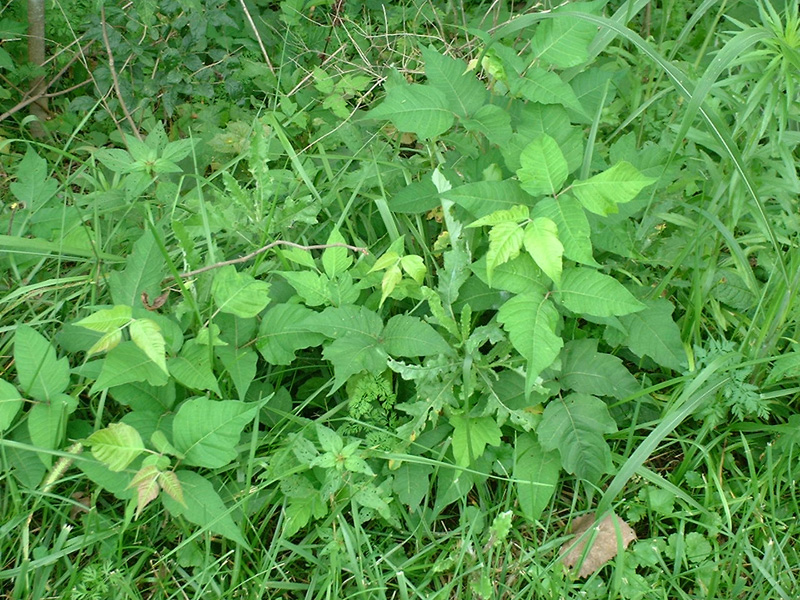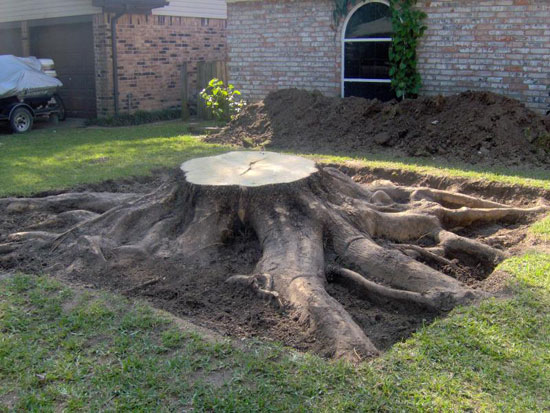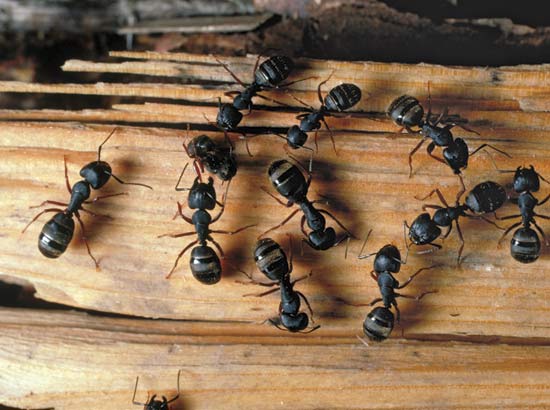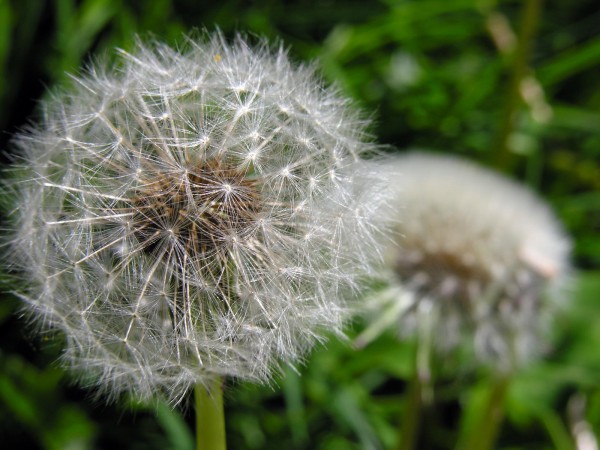Killing Poison Ivy
Poison ivy might not be the easiest weed to get rid of, but there are some effective ways to try to eliminate it. There are both natural and chemical alternatives, and the better for the environment and your health is to try the natural methods first. If they do not work, the chemical alternative may be your only option.
As with any weed, it must be eliminated at its root, and this is why it is so difficult to eradicate. If any of the roots remain, they will just sprout again. When the earth is softest, perhaps after a heavy rainfall, it is easier to get the whole plant out by its roots without leaving as many in the ground. Of course, the protection of gloves and total covering of exposed body parts is of utmost importance to eliminate contamination with the plant. Any covering that has come in contact with the plant should be washed separately and thoroughly to avoid contamination, as well. Other natural means include dousing the plant with boiling water and some have success with a vinegar and salt treatment too.
Depending on the amount of poison ivy, the initial attempt to eliminate the roots may not be completely successful. Making sure to watch the area for any new signs of re-growth, the procedure may have to be repeated several times until all the roots have been destroyed.

If all else fails, it may be time to consider a chemical, usually glyphosate. This procedure may take less time than the natural remedies, but it still may require additional chemical application after the initial attempt since poison ivy is such a persistent pest. It is probably best to consult with a gardener or landscaping company if using herbicides to kill the plant, especially if the poison ivy is among other plants that you do not wish to harm. It also requires the use of a sprayer, so the investment in the herbicide and the sprayer may not be cost effective if you can have a professional do the same job at about the same cost, and without the risk to other plants and the possibility of affecting your own health.



